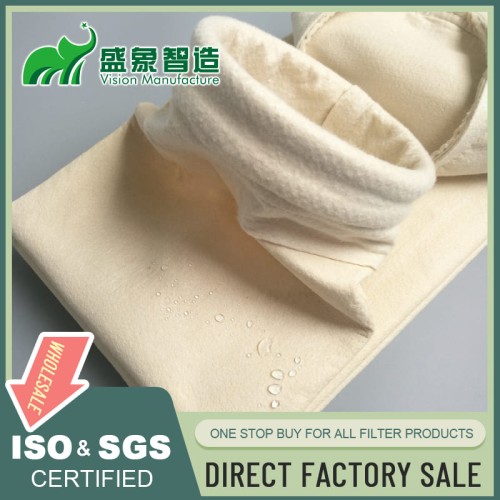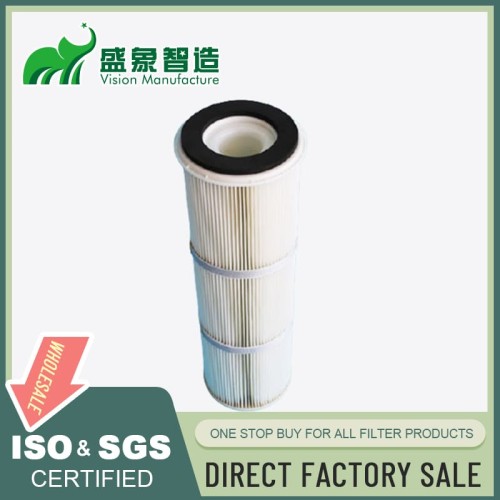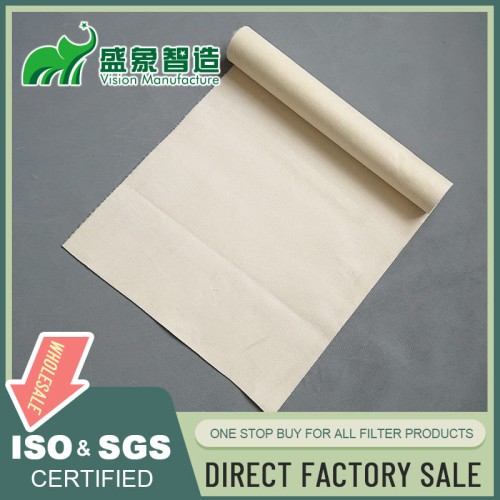
What Is PPS Filtered? Unveiling the Power of Precision Filtration
Introduction:
In the intricate realm of filtration, precision is paramount. Among the many filtration methods, PPS (Polyphenylene Sulfide) filtration stands out. In this comprehensive guide, we will delve into what PPS filtered means, exploring its applications, advantages, and the transformative role it plays in various industries.
Table of Contents
The Power of Precision Filtration
Understanding PPS Filtration
PPS filtration involves the use of Polyphenylene Sulfide, a high-performance polymer, to achieve meticulous filtration. The material's unique properties make it exceptionally suitable for applications demanding precision and efficiency.
Key Components of PPS Filters
Explore the components that make PPS filters a stalwart in the filtration landscape. From the molecular structure of Polyphenylene Sulfide to the intricate design of PPS filter bags, each element contributes to unparalleled filtration accuracy.
Applications Across Industries
Uncover the diverse applications of PPS filtration across industries. From industrial processes to environmental control, PPS filters find their place in ensuring purity and precision.
Advantages of PPS Filtered Systems
Unmatched Chemical Resistance
One of the standout features of PPS filters is their exceptional resistance to a wide range of chemicals. This property enhances the durability and reliability of PPS filtration systems.
High-Temperature Tolerance
Discover how PPS filters excel in high-temperature environments, making them a go-to choice for processes where extreme heat is a factor.
Longevity and Cost Efficiency
Explore the long lifespan of PPS filters and how their durability translates into cost savings over time. The initial investment in PPS filtration proves to be a wise choice for sustainable and economical filtration solutions.
PPS Filtered in Action
Environmental Control Case Study
Dive into a real-world case study illustrating the impact of PPS filtration in environmental control. Learn how PPS filters contribute to maintaining air and water purity in industrial settings.
FAQs
Q: How does PPS filtration differ from traditional methods?
A: PPS filtration stands out for its precision, chemical resistance, and high-temperature tolerance, setting it apart from traditional filtration methods.
Q: Can PPS filters be customized for specific applications?
A: Yes, PPS filters can be tailored to meet the specific requirements of diverse applications, ensuring optimal performance.
Q: Are PPS filters environmentally friendly?
A: PPS filters are known for their durability, contributing to sustainability by reducing the need for frequent replacements.
Q: What industries benefit most from PPS filtration?
A: Industries such as chemical processing, power generation, and environmental control benefit significantly from the precision offered by PPS filters.
Q: How do PPS filters contribute to energy efficiency?
A: PPS filters, with their longevity and efficiency, play a role in energy conservation by reducing the need for frequent system shutdowns and replacements.
Q: Are there any disposal considerations for PPS filters?
A: PPS filters are typically disposed of following standard procedures for industrial filter disposal, considering the nature of the filtered substances.
Conclusion:
In the evolving landscape of filtration, the question of what is PPS filtered has a resounding answer—precision, durability, and efficiency. As industries strive for cleaner processes, PPS filtration emerges as a reliable ally. Embrace the power of precision filtration with PPS, and elevate your filtration standards to new heights.
Additional Resources:
· U.S. Environmental Protection Agency (EPA)
· World Health Organization (WHO)
· Occupational Safety and Health Administration (OSHA)



